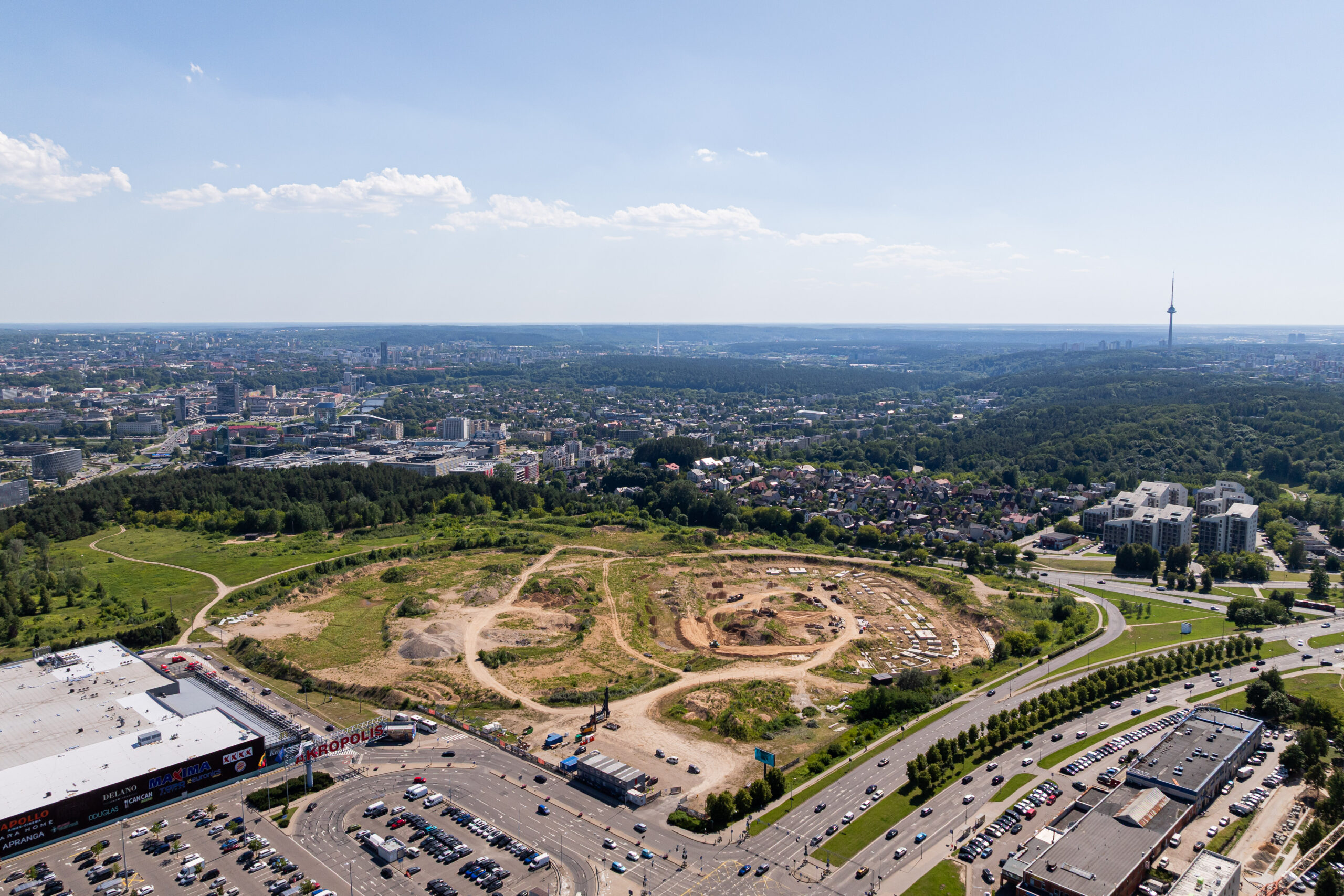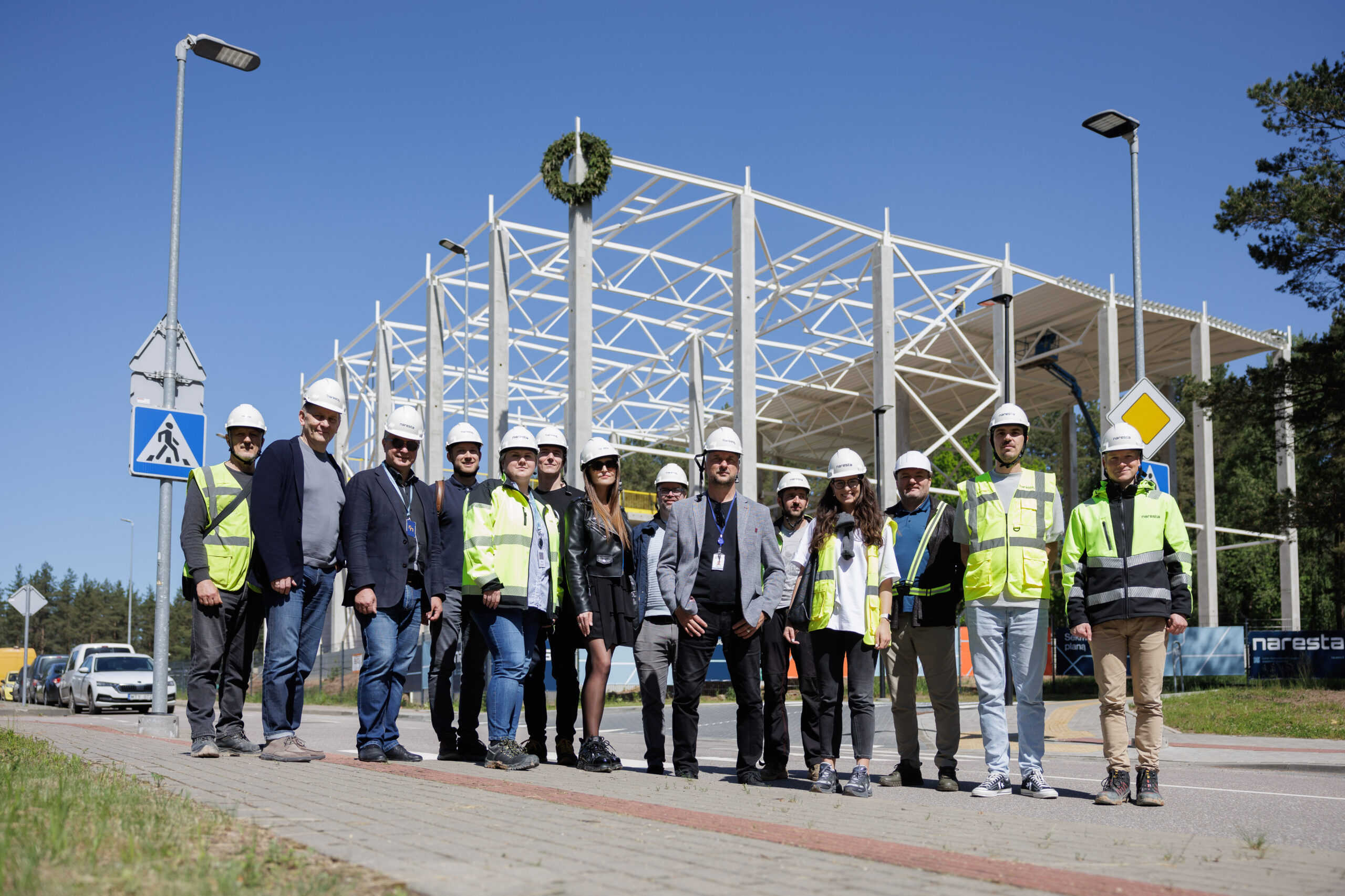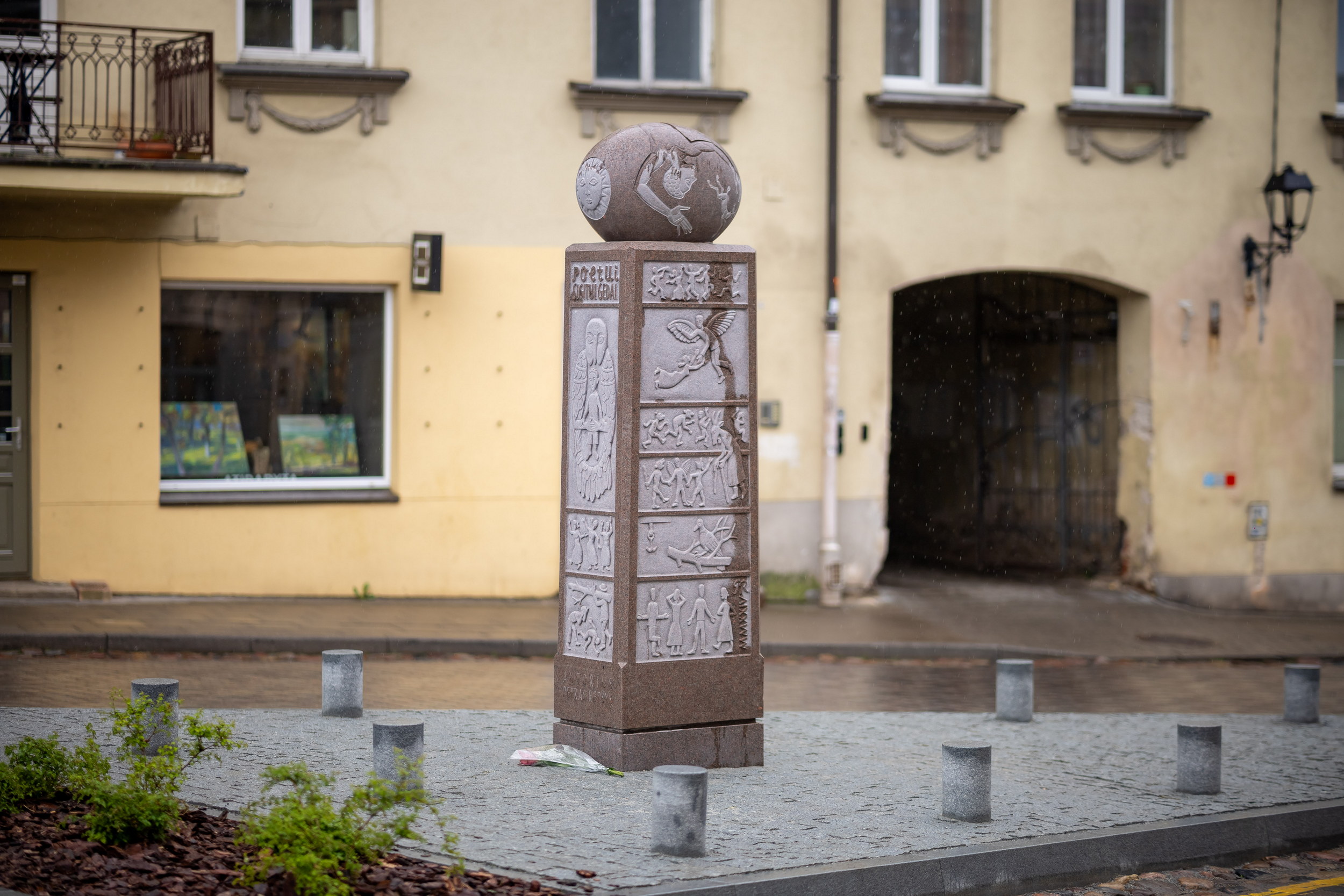
Last weekend, we celebrated International Builders Day, an occasion to honour the people who create our homes, offices, theatres, and entire cities. However, in the midst of the celebration, we could not escape the painful truth: There may soon be no one left to celebrate in Lithuania and Europe. The lack of labour force, geopolitical problems and reduced training of specialists are holding back the progress of the sector, which we feel very clearly in Lithuania. But, as the saying goes, once you hit rock bottom, the only way is up — so I believe that today’s situation will become an opportunity for all of us to seize.
The opinion is shared by the founder and Chairman of the Board of Naresta Arūnas Šlenys.
What we see in the construction market today has not happened overnight and is not a surprise. About 15 years ago, my colleagues and me performed calculations: these were supposed to be the years when a large number of construction workers in our country would retire. We discussed these calculations with the Lithuanian higher education community at that time: We still had time to look together for long-term solutions that would allow us to anticipate the labour crisis. But today we are where we are.
The lack of builders is not only in Lithuania, our sector is facing serious challenges all over the world. It is estimated that by 2035, Europe will need to fill 4.2 million jobs, the majority of which will arise not from market expansion, but due to an ageing population. In Lithuania, the shortage of specialists already stands at 20–30%.
If a decade ago we thought that the construction workers coming from Ukraine and Belarus would allow us to solve the situation, today there are no more of them: Many Ukrainians have returned to fight for the freedom of their country, and we have tightened the border regime with Belarus. So, we must find ways to rely on our own strength and at the same time think about the involvement of specialists from third countries.
Qualified professionals are more important than ever before
The modern construction industry is advanced and highly specialized. From sustainable buildings to urban infrastructure, every project requires skilled professionals who not only know the latest technologies but can also ensure the highest standards of safety and quality.
At the same time, we see that the number of students choosing engineering professions has shrunk more than three times in the last decades, which also significantly affects the quality of studies. Every year, fewer and fewer engineers graduate from higher education institutions, so for a long time we have started to educate qualified specialists ourselves. But this requires a system, knowledge, infrastructure, and a team. Operating for three decades already, we have the capabilities for it, but many colleagues are starting to abandon their regular worker teams altogether and only try to attract specialists working elsewhere once they receive a new project.
Short-term strategies when companies attract specialists, offering 20–30% higher but short-term salaries, are not sustainable. People in our market understand that stability and opportunities for personal growth are more important than temporary bonuses. We need to start thinking strategically — invest in training, education, and long-term growth of our employees. This is the only way to attract more young people.
One of the biggest challenges is image
One of the most common surprises I hear from young people who have just graduated or are still learning, joining the Naresta team, is the incredible gap between the reality of construction and their image. I hear from my colleagues that this is not only a problem of Lithuania.
The images, in which builders are tired, uneducated, rude, lying, plagued by addictions, cursing and working in terrible conditions, are still very vivid in our subconscious. Young people who have just started working are sincerely amazed by the level of qualifications, cooperation, technological progress, and cultural standards.
One of the sadder rumours I have heard recently concerns the situation of women in construction: female students who have never set foot on a construction site still fear they would be disrespected or harassed there. Fortunately, many young women on our team can assure them that the opposite is true.
All this discourages young people, even those who admire the impressive buildings around them, to choose engineering professions, and it is up to all of us to decide whether we will solve this problem. Repulsive, stereotype-mongering advertisements made by some colleagues are truly not helping.
However, people committed and joined a team in Lithuania, they quickly realise that construction is not just about physical work – it is about problem solving, creativity and technology. Today, it is one of the most forward-looking industries offering not only highly competitive salaries, but also the opportunity to contribute directly to the well-being of cities and society.
Why do young people still choose construction?
Although the current crisis seems deep and long-lasting, many people still find that the construction sector offers great professional opportunities. Due to the lack of employees, wages have increased significantly. Experience has grown together with them: Lithuanian companies are building increasingly complex and impressive structures, using ever smarter technologies, and becoming an increasingly interesting field for the curious and creative person.
Technology, green solutions, impressive, safe buildings that adorn cities for decades, projects requiring great knowledge and respect for history of bringing old buildings to new life — all of which attract ambitious young people, but we must help them: Improve the image of the sector, strengthen education, ensure sustainable cooperation between academia and business communities, act strategically and sustainably in terms of long-term prospects. I am optimistic and I believe that we will find solutions. However, we did not take action 15 years ago, when the time was right, let us not delay the search for solutions today, when the crisis has caught us.



